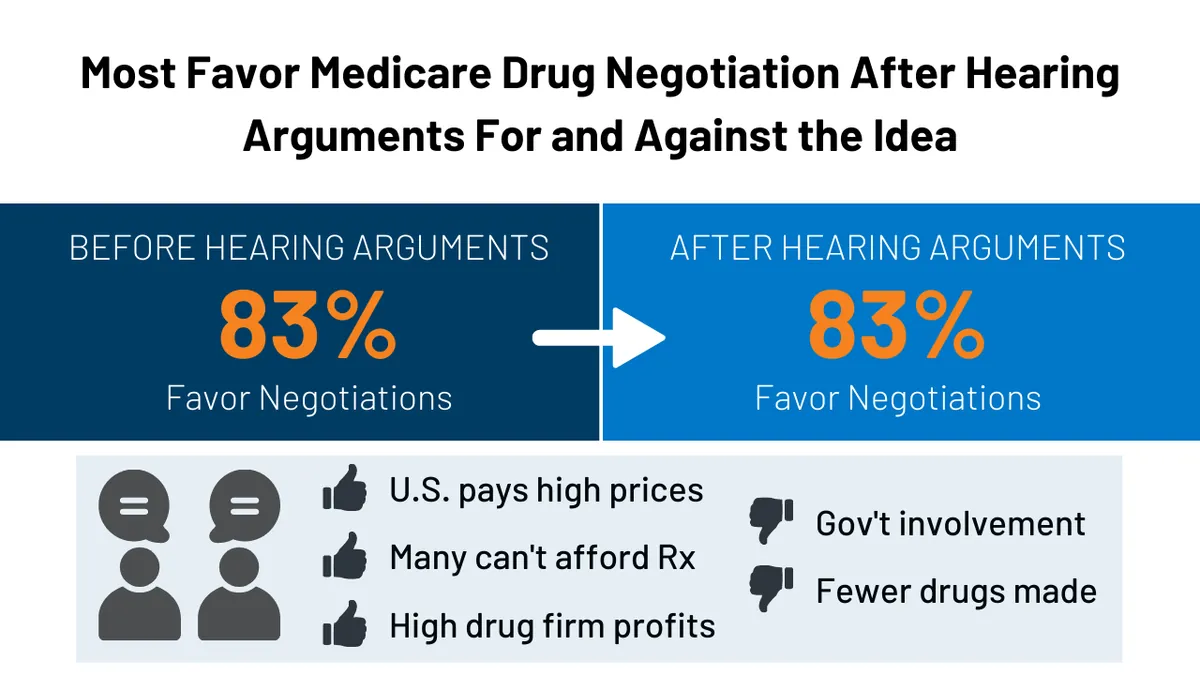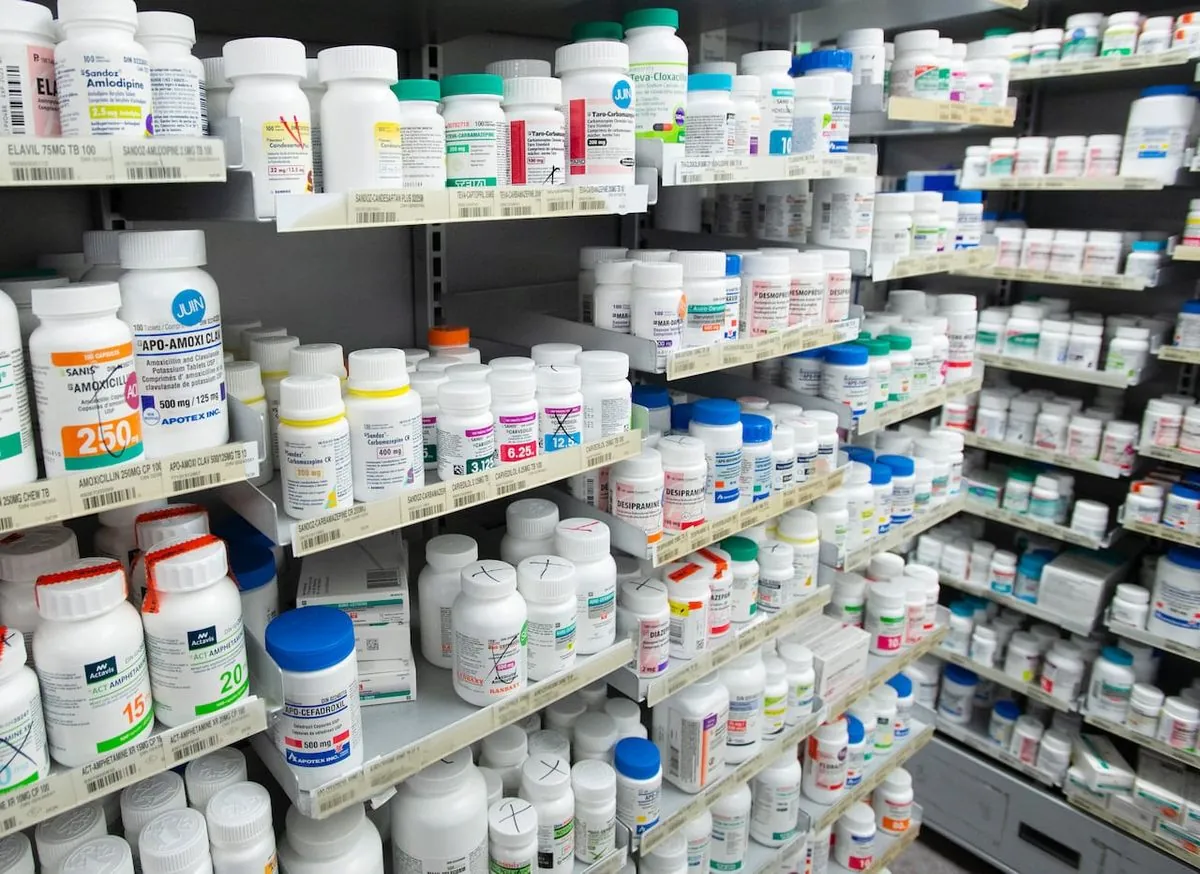U.S. to Save $6 Billion from Medicare Drug Price Negotiations
The U.S. government anticipates $6 billion in savings from Medicare drug price negotiations in 2026. This initiative, part of the Inflation Reduction Act, aims to reduce healthcare costs for 66 million beneficiaries.

The U.S. government is set to achieve significant cost savings through Medicare drug price negotiations, a key provision of the Inflation Reduction Act signed into law in 2022. Officials announced that these negotiations are expected to result in $6 billion in savings for the first year of implementation in 2026, marking a substantial milestone in efforts to reduce healthcare costs for older Americans.
Medicare, established in 1965 as part of President Lyndon B. Johnson's "Great Society" program, currently serves approximately 66 million beneficiaries. The program, which has been a cornerstone of American healthcare for nearly six decades, is now poised to leverage its purchasing power to secure more favorable drug prices.
The negotiations focus on 10 top-selling prescription medications covered by Medicare. Beneficiaries are projected to save $1.5 billion in out-of-pocket expenses for these drugs in 2026. This initiative aims to address the growing concern over healthcare costs, which consumed about 8% of Americans' spending in recent years.
Among the medications subject to negotiations are widely used treatments such as Januvia and Jardiance for diabetes, blood thinners Eliquis and Xarelto, and the leukemia drug Imbruvica. These drugs have been instrumental in managing chronic conditions for millions of Americans since their respective FDA approvals, which span from 1998 to 2014.
U.S. Health Secretary Xavier Becerra described the negotiation process as comprehensive and intense, involving substantial back-and-forth between the government and pharmaceutical companies. This approach reflects the administration's commitment to achieving meaningful cost reductions while balancing the interests of both patients and drug manufacturers.

The pharmaceutical industry has expressed concerns about the potential impact of these negotiations on drug development. Several companies have initiated legal action against the administration, warning of possible curtailments in research programs. However, it's worth noting that the industry spent approximately $233 million on lobbying in the United States in 2022, highlighting the significant resources allocated to influencing healthcare policy.
Despite these concerns, some drugmakers have indicated that they do not anticipate a significant impact on their businesses based on the confidential prices proposed by the government. This suggests that the negotiations may strike a balance between cost savings and maintaining incentives for pharmaceutical innovation.
The Medicare drug price negotiations are part of a broader effort to address the high cost of healthcare in the United States. With healthcare spending reaching 17.8% of GDP in 2021, making it the most expensive system in the world, these measures aim to provide relief to both the government and individual consumers.
As the nation approaches the presidential election on November 5, 2024, healthcare costs remain a top concern for voters. The success of these negotiations could play a crucial role in shaping public opinion and influencing the political landscape.
Looking ahead, the next round of Medicare drug price talks is expected to begin in February 2025, encompassing 15 additional medications. This ongoing process underscores the government's commitment to leveraging the Medicare program's scale to achieve better value for both taxpayers and beneficiaries.
With projections indicating that Medicare coverage will extend to 78 million Americans by 2030, the long-term impact of these negotiations on healthcare affordability and accessibility could be substantial. As the U.S. continues to grapple with rising healthcare costs, initiatives like the Medicare drug price negotiations represent a significant step towards creating a more sustainable and equitable healthcare system.


































